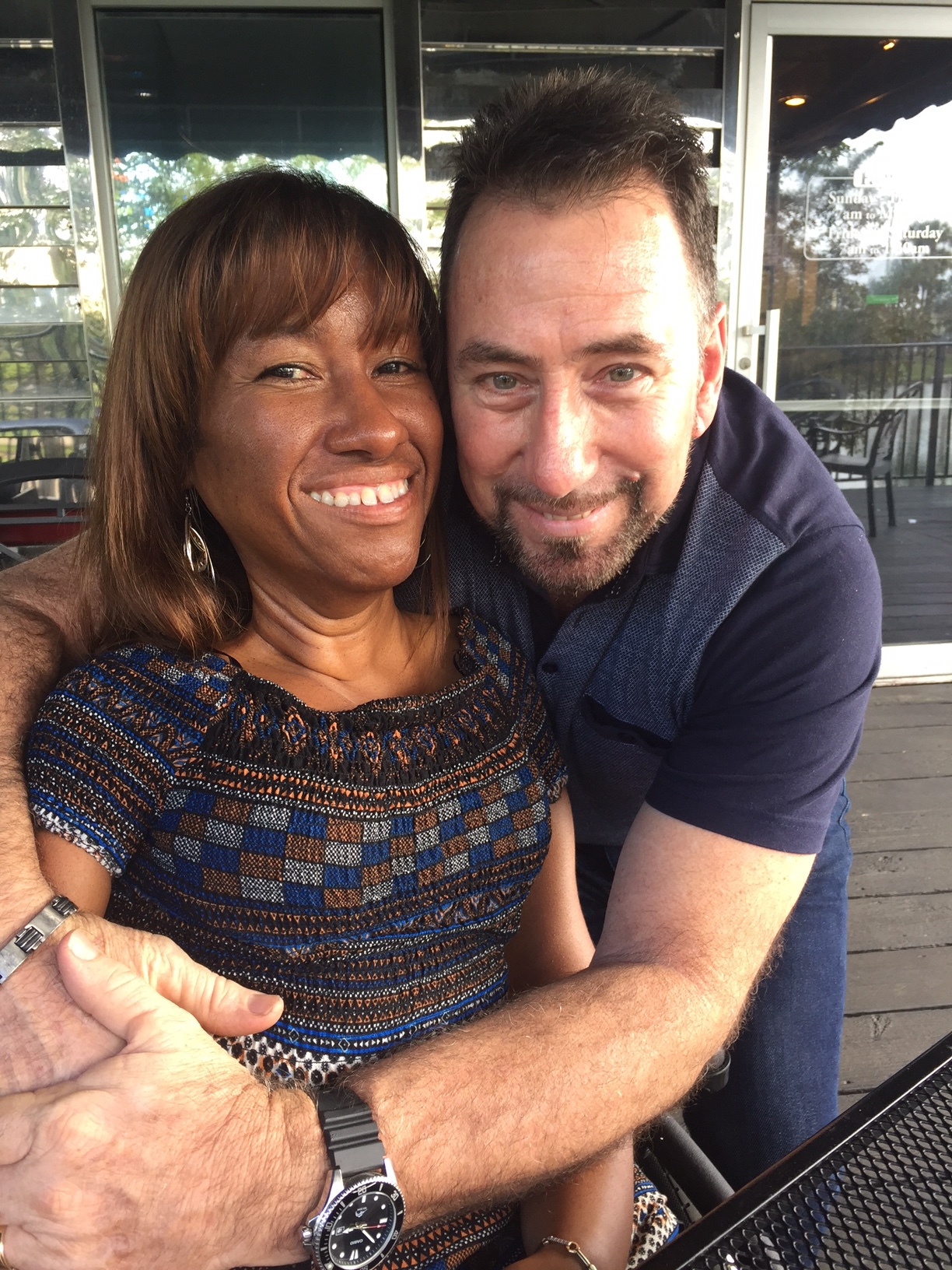“My parents left me two weeks with a doctor, with hopes of healing my muscular dystrophy, but what they didn’t know is that he was a voodoo witch doctor.”
The life of Bernadette Todd is the stuff of feature films. It is the substance of miracles. It is true and is her testimony.
When Bernadette was born in Jamaica, the doctors didn’t expect her to live. But she survived. She endured demonic chants, witchcraft spells, and was made to drink the blood of sacrificed animals forced upon her by the witch doctor.
Bernadette was considered a castoff in Jamaican society, as many disabled children are in third world countries. Family members told her parents to just let her die, don’t educate her, and medical physicians did not expect her to live long.
But Bernadette’s parents loved her, paid for her education and later brought her to Miami at age nine for further healthcare.
It was in America that Bernadette discovered her worth. Here she was not cast aside but welcomed and assisted. Bernadette is an international speaker and missionary with Global Faith Mission Agency and recently also took a position as Small Group Director at Christ Fellowship Church in Miami, Florida. Wheelchair-bound, she travels abroad to many third world countries to tell others, especially those cast off that they too are worthy.
As a young woman and a Christian, Bernadette prayed for a husband who would accept and love her as she is. God provided Jeff Todd, a Miami native. Going into the marriage, Jeff knew that Bernadette may not live a long life, that she would decline physically, but vowed on his wedding day to take care of his wife.
Jeff Carrying Bernadette, El Salvador 2007
Jeff is a Biblical husband in the sense that he has lain down his life for his wife. Jeff has given up his work to travel overseas with Bernadette. Where no wheelchair can go, he lifts his wife up and carries her. No nurse enters their doorway; Jeff provides all of Bernadette’s care. When she enters Christ Fellowship Church in Palmetto Bay, Miami, to shepherd a multitude of small group leaders, Jeff goes with her. Together they oversee women's and couples’ small groups. No finer example can be found than the Todds—a husband who has sacrificed for his wife just as the Savior sacrificed Himself for His church, His bride.
Fearing mortality of her fatal disease, Bernadette, at age five, prayed and asked God by faith for 30 more years to live. She is now 50, has lived past the 30 years, but is watching her life slip away.
On Bernadette’s 30th birthday her arm muscles began to fail. The cake fork in her hand felt like lead. Since that time, she has not been able to feed herself.
Bernadette has overcome false shame, feeling unwanted and rejected, enduring pain and the inability to do many physical things. But, her testimony of the miracle God has done with her life continues. This year she and Jeff will travel to El Salvador and Brazil and any other places they are invited to as witnesses of God’s great love and power.
During their 30 years of marriage, Jeff acknowledges that he has counted about 25,000 people who have come to faith after hearing Bernadette’s testimony in 15 countries.
Bernadette quietly, but firmly states that the church should be about reaching the lost, including people with disabilities, who are fast becoming the one of the most unreached people group in the world.
To the disabled, Bernadette says this, “God has a purpose for you. No matter what you are going through, He can use you despite weakness and pain. Even with a disability, He can use you more.”
Bernadette says, “I have learned to accept the things I cannot change.” Their life together has included sacrifices, even giving up having children. Though possible, doctors warned that Bernadette might not survive a pregnancy. Instead, Bernadette savors the children she touches in her international ministry.
I asked Jeff how he feels about watching Bernadette’s lungs and body weaken. He relates that, “It’s difficult, but is a reminder to us that each day we have together is a gift.”
Bernadette states that she knows how Jeff feels from his reactions, which to her are “endearing.”
Separately, each worries about the other if he or she should die first. Jeff is concerned about Bernadette’s care. Bernadette is concerned about how Jeff would cope. They are one. They are more one than any couple I have ever met.
Jeff calls his wife “brave” and says that, “Bernadette does not feel sorry for herself.”
“It’s not easy to watch life slowly leave you. I am walking through the valley of the shadow of death, as we all are, but others don’t see their shadows the way I see mine. If I didn’t always remind myself that God is always with me, I would go insane. That’s what helps me live above this disease,” Bernadette reflects.
Bernadette and Jeff live an inspirational life of faith. They depend upon financial contributions of the of individuals and churches to travel abroad and to live. I have chosen to partner with the Todds because I believe and I know that as they live by example, as leaders, they are changing Miami for the better.
If you would like to partner with or contact Jeff and Bernadette Todd, please email them at: BernadetteTodd@aol.com or 305.753.5613
Contact Kelly Jadon: kfjadon@gmail.com
© 2018 "Hometown Heroes" Kelly Jadon




